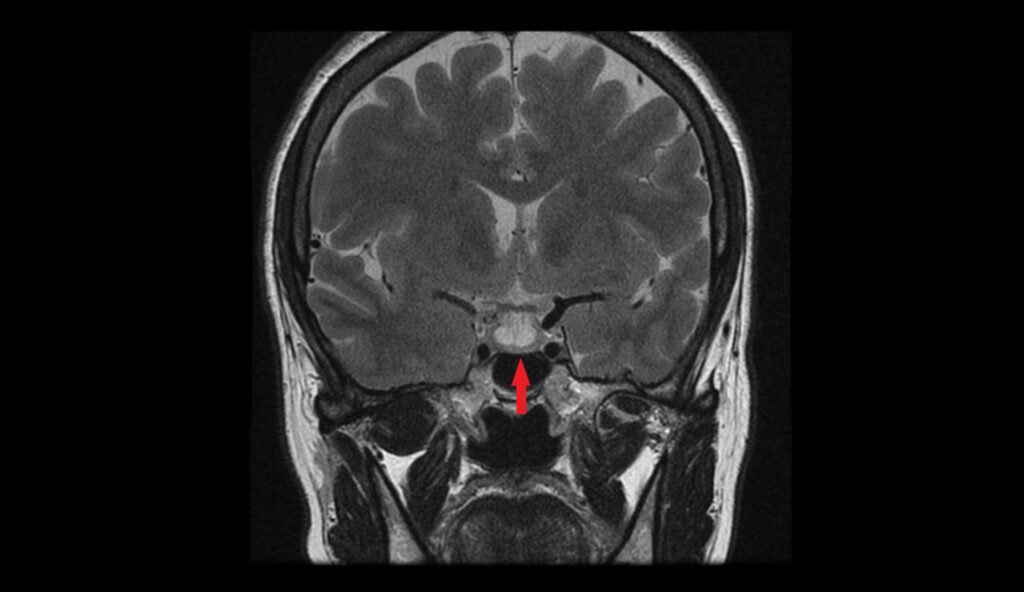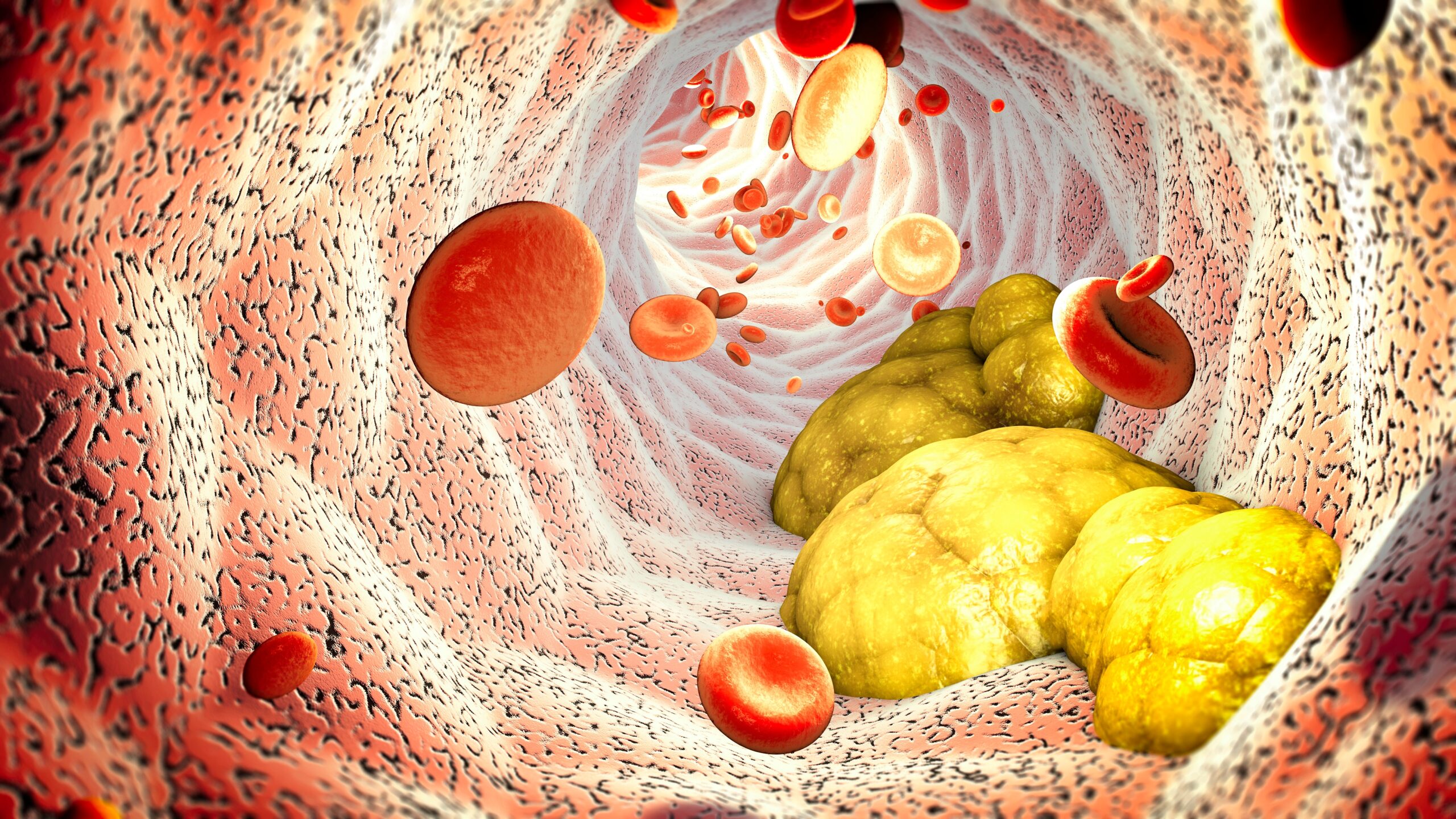
Probing Prolactin: When High Levels Raise Red Flags
We are excited to see so many of you join our FMEP courses. Several of...
0
We are excited to see so many of you join our fall FMEP courses. Several of you have requested we continue to post more practice SAMPs, so here you go!
Just a reminder… pay attention to the questions. Here are our general tips one more time:
1. Pay attention to the questions. Look carefully at how many items you are being asked to list. If the question asks for five items, you will not get more marks if you list eight items; the examiner will look at the first five and allocate marks only for the first five answers so be careful. On a SAMP, if it is not clearly stated how many items you should list, look at the amount of points/marks being allocated for the question to get an idea of how many answers the examiner may be anticipating you write down.
2. Do not write lengthy answers. Most questions can be answered in 10 words or less!
3. Be specific when writing down investigations (hemoglobin instead of CBC; CT abdomen instead of CT).
4. Remember that trade names and generic names are both acceptable when writing down medications.
5. For more helpful tips, you can refer to CCFP’s SAMP instructions by clicking here.
SAMP
Mr. Choc Olate comes in for his preventative health visit. He is 67 years old and has a past medical history of hypertension and obesity. He is currently on Amlodipine 7.5 mg once daily. He smokes 4 cigarettes a day and consumes 5-6 beers per week. He works a sedentary job in an office. He wants to get his blood work checked. (8 points)
1. What blood tests would you consider ordering to check his cholesterol? List five. (5 points)
2. How do you calculate Non-HDL-C? (1 point)
3. True or false: Measurement of apo B requires fasting blood work. (1 point)
4. You perform his blood tests and his LDL is 1.2. Apo B level is elevated. What is your next step in management? (1 point)
Helpful CMAJ Resource:
https://www.cmaj.ca/content/195/33/E1124